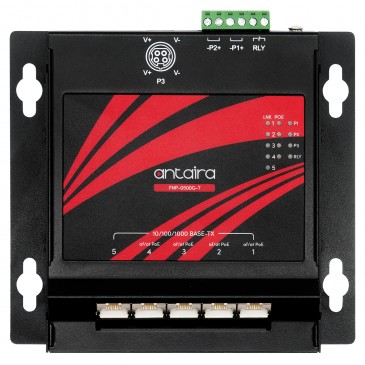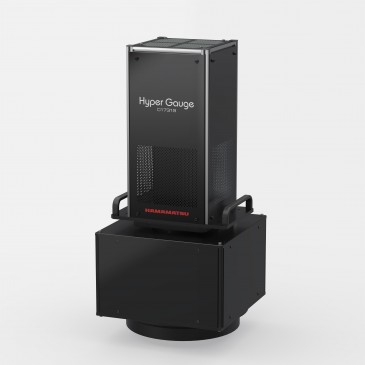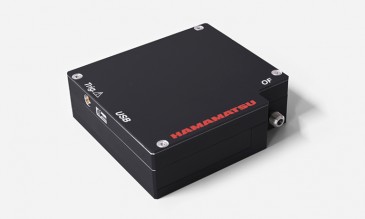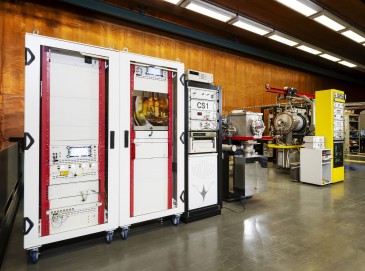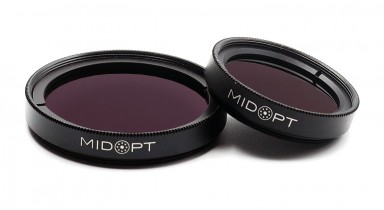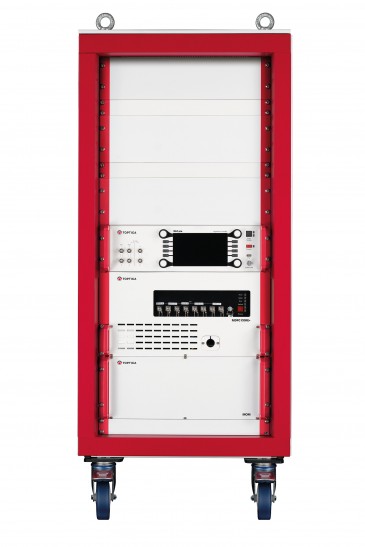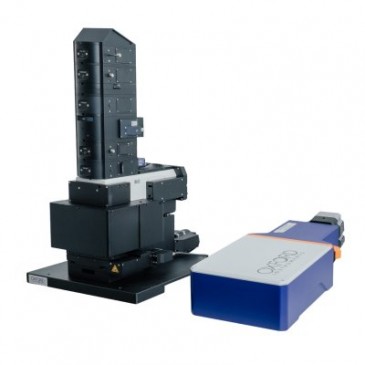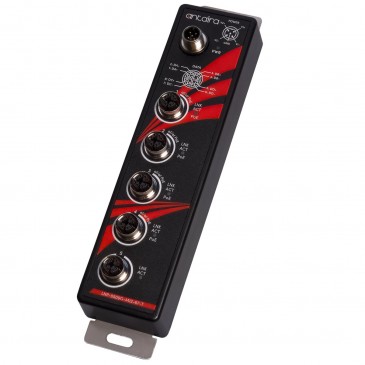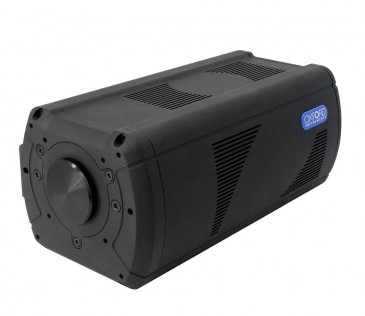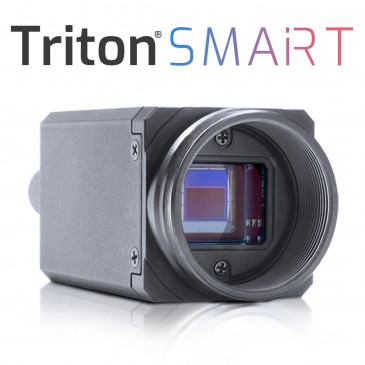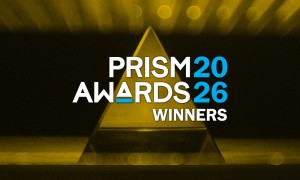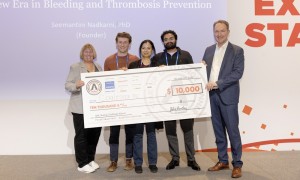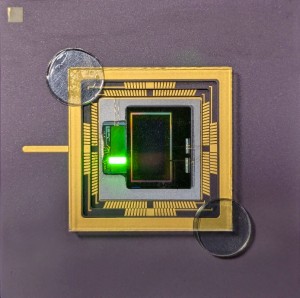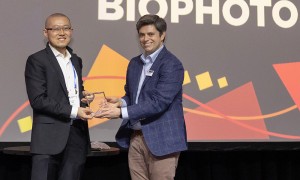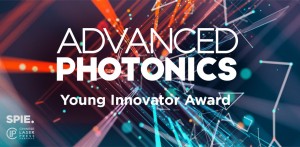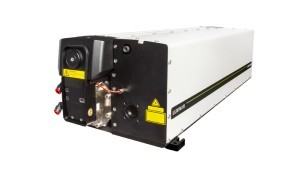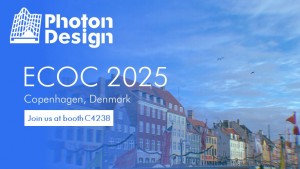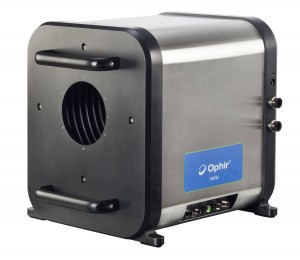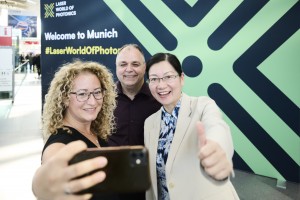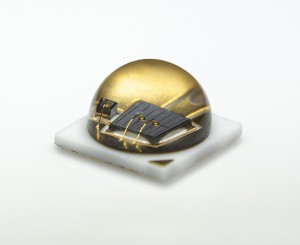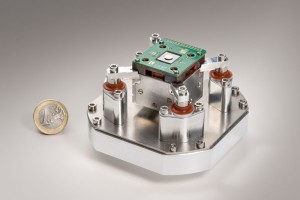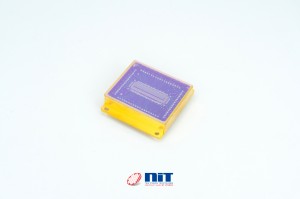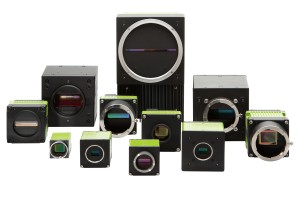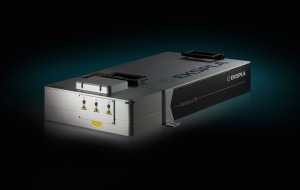
In this interview, Antonio Castelo, PhD, EPIC’s Technology Manager for Bio-Medical and Lasers, talks to Aldas Juronis, CEO of EKSPLA, a Lithuanian manufacturer of innovative solid-state and fiber lasers.
What’s the background to your appointment as CEO at EKSPLA?
In 1994, I graduated with a BSc in Radio Electronics Engineering from Kaunas University of Technology in Lithuania. At that time, we had just gained our independence and Lithuanian industry was in a very bad shape because those companies that had survived the after the collapse of the Soviet Union, were using outdated technology. As there were on opportunities in the engineering sector, or for me to find a job abroad, I started working for a Lithuanian publisher and wholesaler of recorded music. I then became Sales director of UAB Tele-3, Lithuania’s largest media company where I was responsible for TV and Internet revenue streams.
Then in 2013, I became Head of Sales for Avia Solutions Group, a global ACMI (aircraft, crew, maintenance, and insurance) provider. A year later, I became Head of Component and Material Sales Department at FL Technics (a part of Avia Solutions Group), an aircraft maintenance and repair organisation where I was responsible for developing strategy and new markets as well as processes optimization and LEAN implementation.
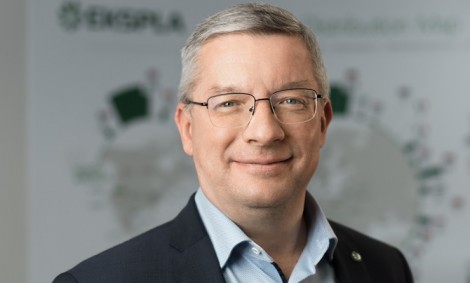
Although working in the aviation sector was an interesting experience, particularly as it gave me gave me a broad understanding of running a global business, in 2016 I decided to realise a long-held ambition and set up my own high-tech company, Ovao Technologies. The idea was to specialise in the R&D of wearable technologies for sports and fitness, which led to the launch of the Ovao Virtual Training Assistant - a virtual coach and sports tracker for swimmers and triathletes.
In 2018, I was approached by EKSPLA, who were looking for someone with experience in general and product management to develop their industrial laser business. I started as Head of OEM Lasers Program, followed by Chief Production Officer, and in January 2023, I became EKSPLA’s CEO.
How has the company developed?
EKSPLA, Lithuania’s oldest laser company, started as in 1983 as the commercial development of an experimental workshop of the Institute of Physics, Lithuanian Academy of Sciences. In 1992 it was registered as a private company under the current company name. Until recently, the main focus was on the production of picosecond and nanosecond lasers as well as OPO and SFG laser systems for scientific use. But in the 2010s, the company decided also to enter industrial laser market, and to this end, I was hired in 2018 to develop EKSPLA’s industrial laser business. Since then, we’ve developed femtosecond, picosecond and nanosecond lasers for various industrial applications such as micromachining of different materials, be it glass, ceramics, metals, polymers or compound materials. Other customers integrate our lasers as OEM imaging sources in their integrated research tools for photoacoustic imaging, MALDI spectrometry, LIBS spectrometry, Raman spectrometry, and fluorescent spectroscopy, among others.
Our broad knowledge in high energy laser physics, non-linear materials and more that 30 years of experience in laser design enables us to offer unique solutions for high intensity laser systems. We have built number of laser systems producing high pulse energy, TW range peak powers at higher repetition rates as well as PW range peak powers at low repetition rates.
Our workforce has grown to 160, most of whom work at our main office and production/R&D facilities in Vilnius.
All our lasers can be customized to meet specific requirements and our industrial business now accounts for around 40% of turnover. Last year turnover was €18 million and this year we expect sales to increase to €24 million.
What have been your main challenges?
In the first six months, my main problem was that in not having a background in photonics I had to learn a lot about the products, the regulations and their limitations. Fortunately, I had always been interested in high tech and after about half-a-year, I was able to discuss most technical issues with the company engineers. Of course, I wasn’t able to design a laser, but at least I could speak to the engineers and understand what they were talking about and even make suggestions about possible solutions - at least from the user perspective.
What have been your main achievements?
Not having any knowledge of photonics, I was taken on as an experiment. But I could always see that with a new business approach, industrial ultra short pulse lasers had huge potential for EKSPLA. Maybe not everyone thought the same in the beginning, but over the last 5 years, tightly working with brilliant EKSPLA’s engineers from both R&D and production teams plus having huge involvement and support from sales and marketing we managed to make industrial lasers to be the fastest growing business segment at EKSPLA.
What are the main challenges going forward?
Changing the industry’s mindset. Until recently, ultra short pulse lasers have been seen as lasers for scientific applications and as too expensive and unreliable for industrial applications. For these reasons, many companies have been reluctant to change from nanosecond technologies to picosecond or even femtosecond lasers. However, ultra short pulse technology is getting cheaper and more reliable, and one of our aims is to convince companies that EKSPLA’s high quality short pulse lasers can add significant value to a range of processes and applications.
How do you see the future?
We will continue to grow, and we plan to expand our facilities with extensions to the main building and completely new facilities including a new cleanroom to increase our production capacity. The most exciting part of laser business is the continual appearance of new, emerging markets as certain industries discover the potential of ultra short pulse lasers for improving and adding value to their products. Our aim is to discover these niche markets and get involved in various projects with potential customers at the very beginning so we can become a main supplier for these niche industrial applications in the future.
But it’s not just about improving the product. Equally important is the need to improve user experience so they continue to choose our products. In addition to the parameters, we will need to make sure they are happy with performance and have a positive user experience with our lasers and other products such as the laser electronics.
With the successful focus on product and user experience, I believe it's only matter of time before EKSPLA becomes one of the biggest players in industrial ultra short pulse lasers
What’s your advice for the next generation of entrepreneurs?
The recruitment of talent is a big issue for the entire photonics industry. But it’s not enough to just look for people with the right qualifications. What’s equally important is to recruit people who really want to understand what you are doing and are eager contributing to it. It’s not about simply pitching your company and your products; it’s about explaining them what your company is striving to achieve with those products, why you are making them and how they are different from others on the market.
Secondly, when I started my own company, I was advised to pause development of the product and to make its validation: to go out “into the street” and to talk to potential customers to find out exactly what they needed. Once you determine customers’ needs you can either pivot your product or make it simpler and avoid over engineering. It’s not about making the perfect product; it’s about making a product with the functionalities the customer is prepared to pay for.
In our case, whenever we design new products, we find several pilot customers who are keen to go on the journey with us and we adjust the product’s functionality and specifications to suit those customers. In our experience, this approach gives the best results because when we go to the market, rather than offer the perfect laser, we offer one with very good parameters that’s been specifically designed for a particular application. With this approach, the market reaction is completely different from when you are trying to make a universal laser for everyone but at the same time that’s for nobody.
Written by Antonio Castelo, PhD, EPIC’s Technology Manager for Bio-Medical and Lasers.

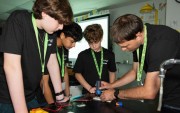


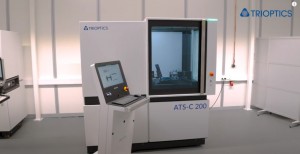
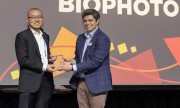


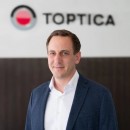
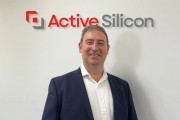


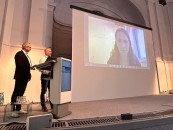
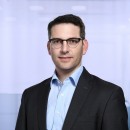
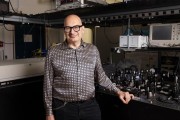
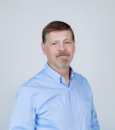


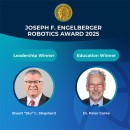
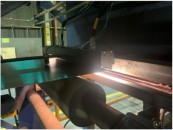






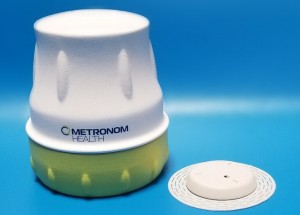
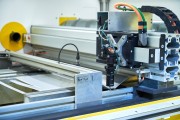


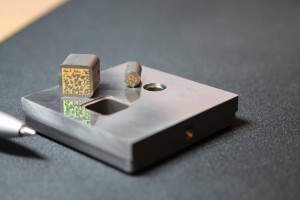

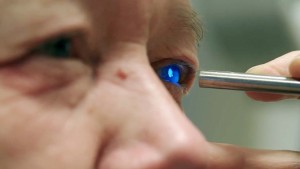

 Back to Features
Back to Features